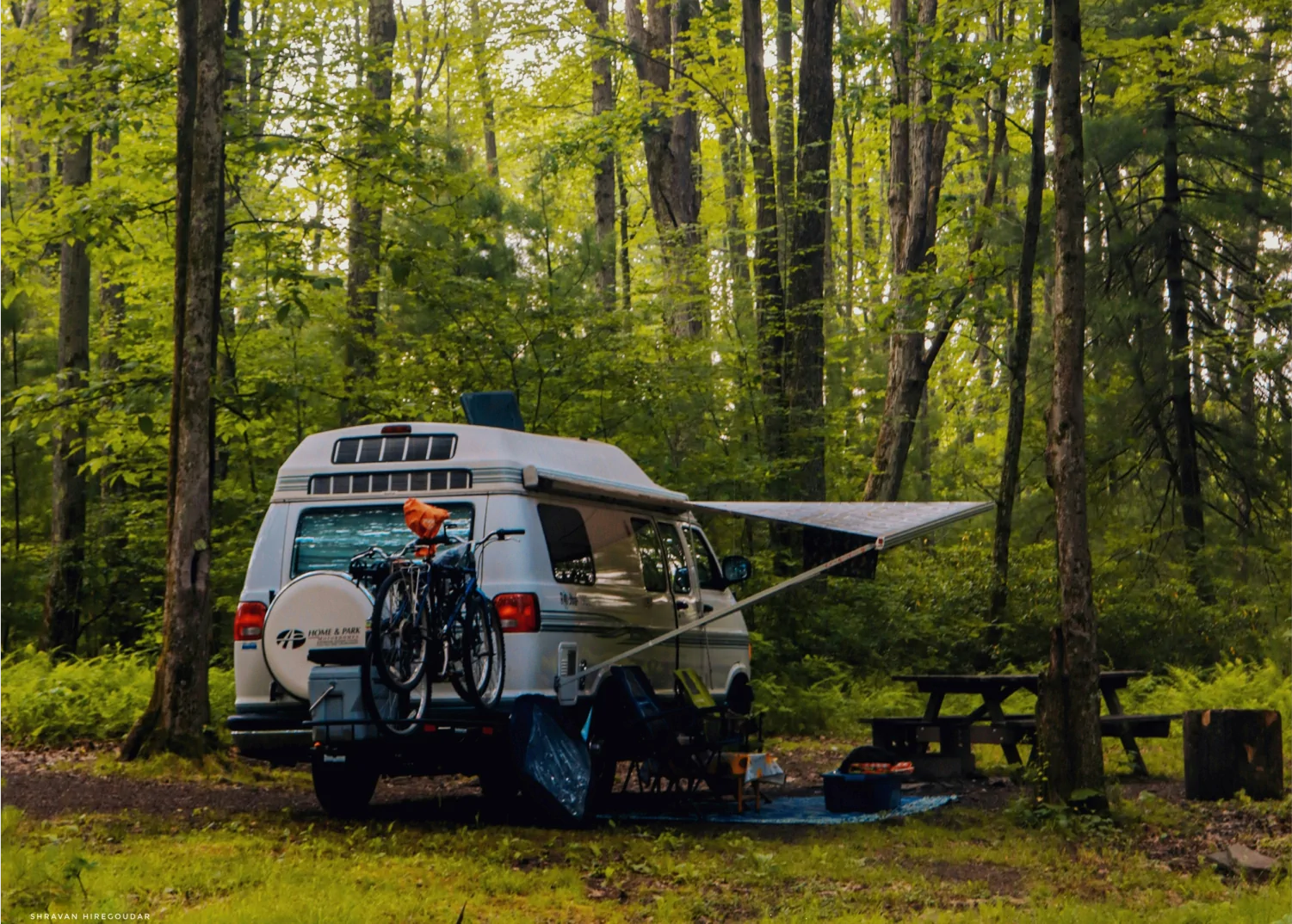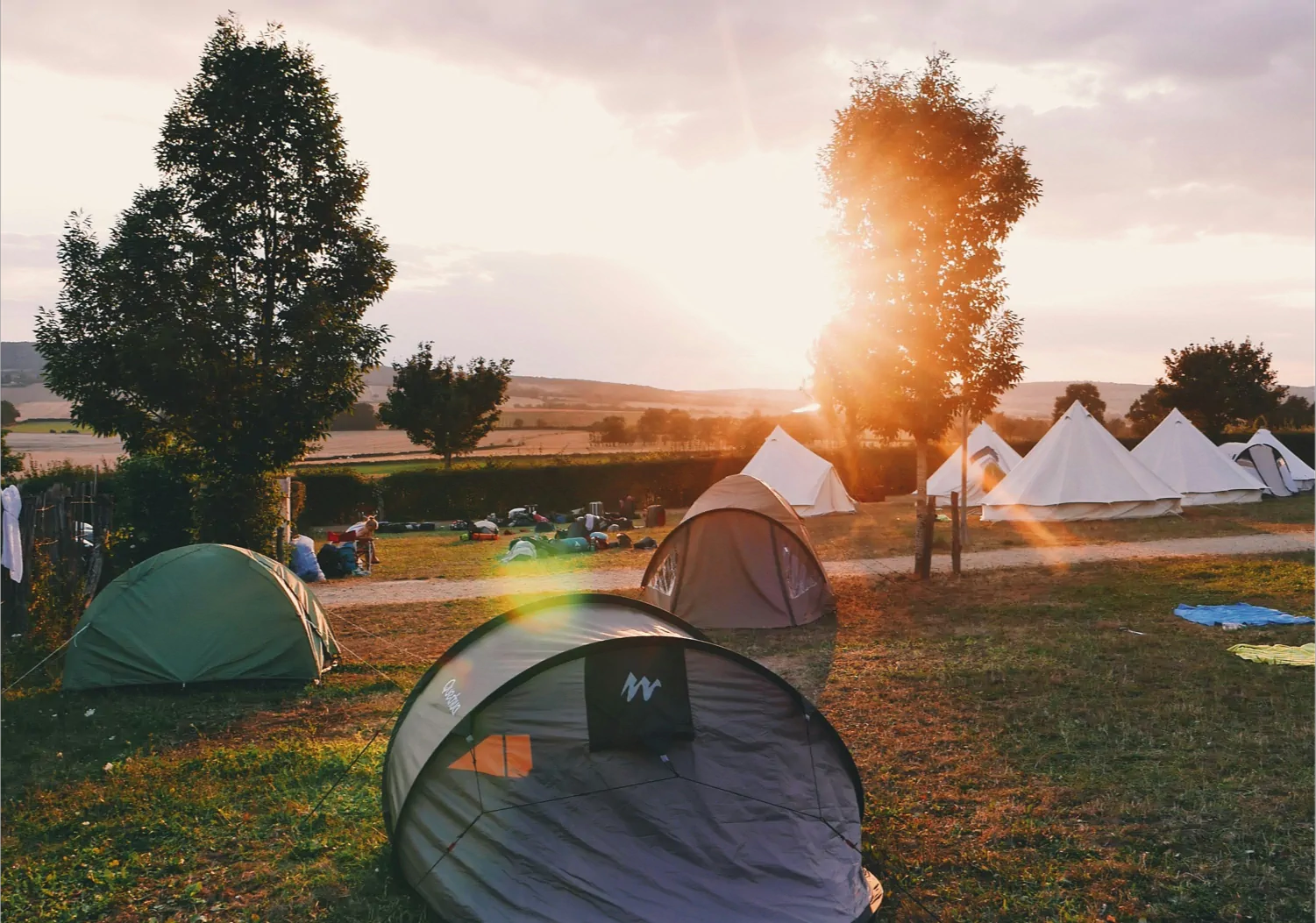Responsible Camping in NZ, Leave No Trace Applied Locally
Protect Aotearoa's environment, respect mana whenua, and keep freedom camping privileges alive by following these locally adapted Leave No Trace principles.

Leave No Trace principles adapted to NZ
Plan ahead with DOC alerts, KiwiCamping offline data, and local council bylaws. Travel and camp on durable surfaces, dispose of waste properly using dump stations, leave what you find, minimise campfire impacts (see our fire rules), respect wildlife, and be considerate of others.
Pack out all rubbish, including food scraps. Many councils operate pack-in, pack-out systems even at serviced sites. Keep biodegradable items out of the bush to avoid introducing pests.
Wildlife and biosecurity considerations
Clean boots and gear to stop kauri dieback and myrtle rust. Obey dog restrictions; many beaches and reserves prohibit dogs during nesting seasons. Do not feed kea, weka, or dolphins. Human food disrupts behaviour and can be fatal.
Follow rāhui and customary closures. KiwiCamping highlights these notices; treat them as non-negotiable to honour mana whenua.
Staying on formed sites and tracks
Stick to marked campsites and established parking pads. Parking on fragile tussock, dunes, or wetlands causes erosion. Use KiwiCamping’s sat imagery and site photos to position your vehicle without damaging vegetation.
When tramping, stay on marked tracks. Cutting corners or creating new paths accelerates erosion, especially in alpine zones.
Community expectations near towns
Urban freedom spots come with local community agreements: keep noise down after 9pm, avoid generator use, and leave promptly by 9am. Support local cafes, refill at nearby fuel stations, and share tourism dollars in exchange for hospitality.
If you see misuse, report it through KiwiCamping’s feedback tools so councils can act quickly without shutting sites permanently.

Responsible camping FAQ
- How do I handle rubbish at freedom sites?
- Pack everything out and dispose of it at transfer stations or holiday parks. KiwiCamping lists the nearest facilities.
- Can I wash dishes in rivers?
- No. Carry wastewater to a dump station or at least 50 metres away from waterways, using biodegradable soap sparingly.
- What if others break the rules?
- Document issues politely, report via KiwiCamping or council hotlines, and avoid confrontation. Education keeps access open.
Related reading: Best camping apps ↗ · Holiday park booking guide ↗ · Freedom camping rules ↗ · Dump station etiquette ↗
Tiaki Promise and local respect
Consider taking the Tiaki Promise, a commitment to care for Aotearoa. It aligns with Leave No Trace and local expectations: protect nature, respect communities, and act as a kaitiaki (guardian) while you travel.
Compliance updates and fines
Many districts now require certified self-contained vehicles (fixed toilet) to freedom camp. Unlawful camping commonly incurs a $400 infringement, with higher penalties for waste offences. When in doubt, use official sites or holiday parks.